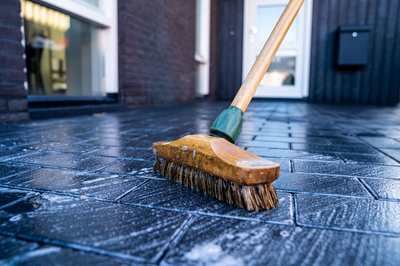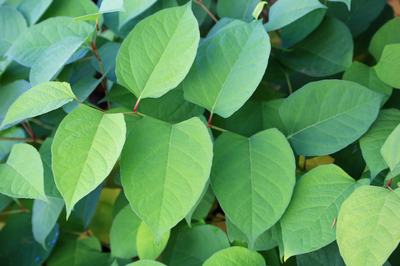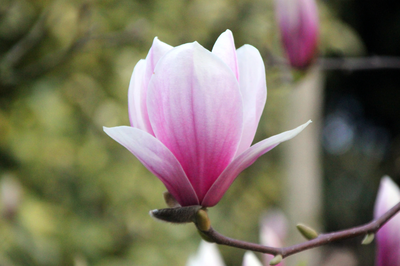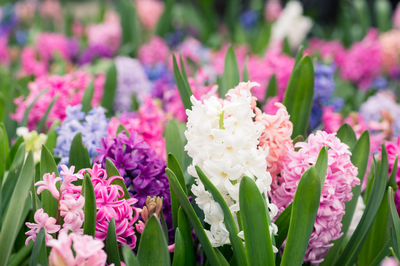
These top 5 common houseplant problems are often experienced by most houseplant owners, no matter how much experience and knowledge they have. To avoid them as best you can, these tips will help you to keep your plants in the best condition that you can and help you to spot any problem that comes up as soon as possible so you can rectify it.
Five common houseplant problems
-
Wilting plants
There will be many times you’ll notice a wilting plant. Most often it is due to under watering and your plant is simply telling you it’s time for water. Basil and Spathiphyllum (Peace lily) are examples of two plants that will wilt. If you water them soon enough, they will spring back to life! If you leave them too long, they will most likely die very quickly. Other reasons for wilting are too much direct sun or heat, pests and diseases and generally an unhappy plant. -
Yellowing leaves
If you keep a close eye on your plants, each time you walk by or as you water, you will soon spot leaves that are turning yellow. Sometimes this will just be the natural process as the oldest plant leaves age and drop off. If that’s not the case, it could be a case of too much light, or over/under-watering. Make sure each plant has the right levels of moisture and feed if needed to avoid yellowing leaves. -
Long leggy growth
If your plant is growing tall and fast with lengthy stems, towards the light - this is a certain sign that it isn’t getting enough light. If you see this happening move it nearer to a light source and turn it around so all parts of the plant grow evenly and bushy. -
Leaning plants
Plants will lean generally because they need support as they grow. If a taller or fast-growing plant is growing without the support it needs, the plant will start to lean over. Carefully tie it up to support or trellis, and replenish the compost if needed. -
Rotting plant
If you notice foliage or stems rotting, it could be a sign of root rot. Smaller plants may even go mushy and brown from the bottom. That's a definite sign your plant is in trouble. Root rot is quite hard to fix and your plant may well need to be replaced but you can try cutting away rotting roots and repotting. Often plants are killed with kindness. Overwatering is one way to not just cause root rot but many other problems as well.
Always keep your plant labels when you buy them so you can refer to them for care instructions.
Visit us in store and speak to our friendly if you need any plant advice.




